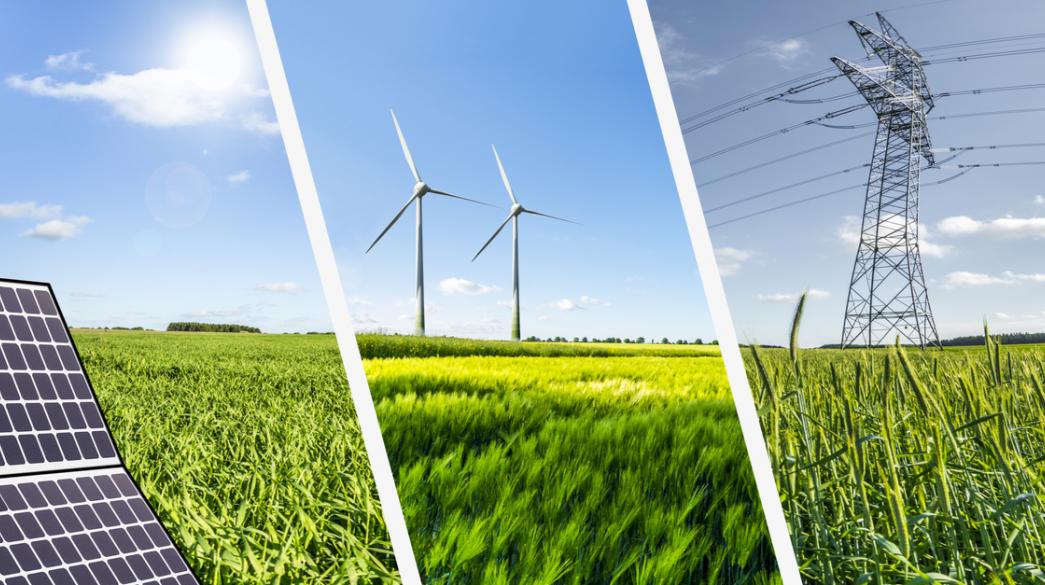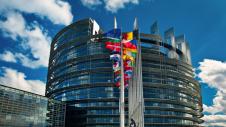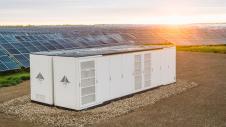Greece is pushing the European Commission to speed up the process regarding the approval of five-year RES tenders, with the first auction expected to take place at the beginning of next year.
In particular, in a teleconference with the Competition Commissioner and Executive Vice President of the European Commission, Margrethe Vestager, the Minister of Environment and Energy, Costas Skrekas, called for faster procedures to approve the format of the new RES tenders.
In fact, speaking at the inauguration of the photovoltaic park of R-Energy 1 in Stefani, Corinth, the general secretary of Energy and Mineral Raw Materials, Alexandra Sdoukou noted that the approval from the General Directorate of Competition is expected to come within the month. However, it will take another two months for the relevant tender to be announced in order for energy regulator RAE to give its opinion and the decision to be issued.
According to sources, the final scheme proposed by Greece provides for the support of RES projects until 2024 with six tenders for wind and photovoltaic projects. These tenders are foreseen by the above plan to be common for both technologies, while the total auctioned power will reach 2.1 GW, while a tender for 1 GW for special projects, such as small photovoltaics, is also expected.
However, in order not to repeat last May's auction, where photovoltaics gained the lion's share, the Energy Ministry is looking at a 30% quota for wind farms, and this is because they cannot compete with photovoltaics that have significantly lower equipment costs.
The ministry, however, will be able to not proceed with the selection of the tender and will be able to set specific tariffs in hybrid units of very small islands, for example Ereikousa, Gavdos or Antikythira. That is, small islands that have low requirements for electricity supply where, of course, the needs of the local electricity system do not determine the reference prices of projects.
At the same time, it is considered that, even with the choice of the tariff, competition will not be threatened or unequal conditions will be created for the different market players.
Also, mature hybrid RES units of Crete that have specific power as well as pilot RES projects in autonomous electric islands will exit, as it seems, from competitive procedures. One such project is the one in Ai Stratis that is going to cover 85% of the needs of the island annually, offering green energy.









